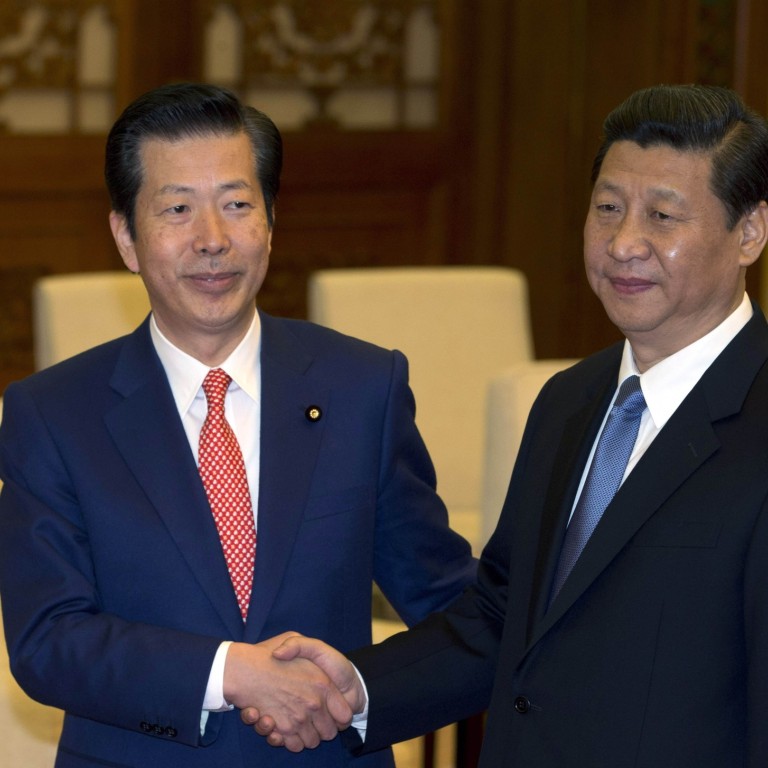
Japan rejects sending officials to Diaoyus Islands
A coalition ally of Japanese Prime Minister Shinzo Abe on Tuesday rejected sending officials to the Diaoyus Islands, claimed by China, calling instead for greater efforts to build trust with neighbouring countries.
Abe’s government has not ruled out stationing officials on the islands amid worsening ties with China, which Tuesday sent eight ships to the area of the East China Sea.
The islands are know as the Diaoyus to the Chinese, but as Senkakus to the Japanese. Natsuo Yamaguchi, leader of New Komeito, while on a visit to Washington, said: “Having Japanese government employees stationed in the Senkaku islands is for the moment not something I think we should do,”
“What is more important on the Senkakus is, regardless of the differences of opinions, how do we overcome that to improve relations between the two countries,” Yamaguchi said at the Carnegie Endowment for International Peace.
Abe, a conservative who heads the Liberal Democratic Party, has vowed a firm defence of Japan’s control of the islands, which are known as the Diaoyu in Chinese.
New Komeito is a Buddhist-oriented party known for its strong support of Japan’s pacifist post-World War II constitution.
Yamaguchi, the first leader of New Komeito to visit Washington in 10 years, said his trip aimed to show that his party was a critical player despite a sweeping election victory in July that strengthened Abe’s hand.
Yamaguchi voiced mixed feelings about one of Abe’s likely goals - lifting a ban on so-called collective self-defence that would allow Japan to assist the United States if the ally were attacked.
Under current policy, Japan observes a narrow definition of self-defence that allows force only in response to a direct attack on itself.
“We’re not at the stage where the public can understand this, that’s my feeling,” Yamaguchi said of collective self-defence.
While cautioning that his party’s opposition was not a “foregone conclusion,” Yamaguchi said Japan had to offer a convincing rationale to change longstanding policy.
“There have to be substantive reasons and neighbouring countries and our ally [the United States] have to have any concerns allayed. They can’t feel that there is any danger involved,” Yamaguchi said.
China and South Korea frequently criticise Japan on issues related to its wartime history.
